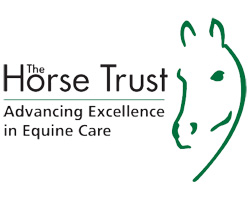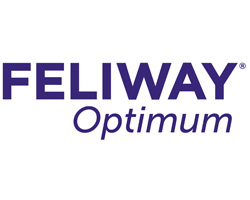Save The Date!
Saturday 05 December 2026 Virtual Conference
This years annual conference will be on the topic of
Behaviour Problems – Sorting the fact from the fiction
Missed Last Year? Its not too late, you can still purchase the webinars.
Can I cope? Do I feel Safe? A fresh look at an old problem
Head over to our events page to purchase
Please Note: Recordings are available to view until 05 December 2026
Dr. Sarah Penturn
Meeting needs at every life stage to help animals feel safe and thrive
Dr Amber Batson
Gutsy reactions: how the gut brain axis influences resilience
Dr Loni Loftus
From Nice-to-Have to Non-Negotiable: Positioning environmental optimisation as the welfare baseline
Dr Sarah Heath
Information gathering – its role in coping with protective emotions
Carrie Tooley
Lets sleep on it; how sleep relies on, and influences, the sensation of safety











